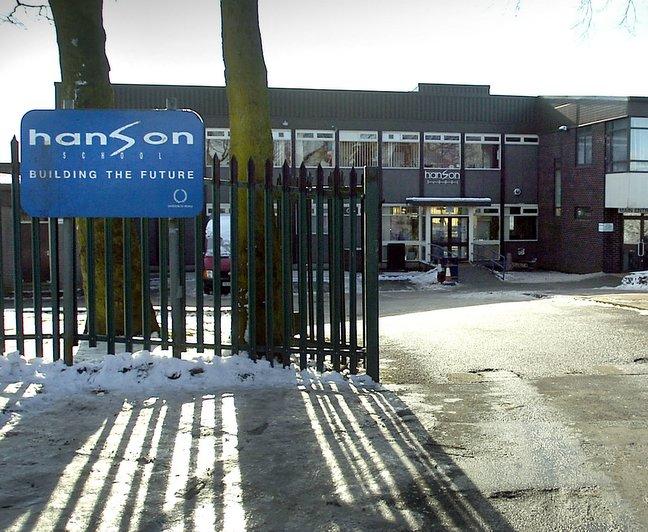
At lots of schools, A-level results day wasn’t happy – it was heartbreaking
Shit schools like mine
Well done to everyone who got their A-level results today, but particularly well done to everyone who did it the hard way.
Let me explain what I mean: I bet loads of you took your exams after months of coaching by capable teachers. Maybe, if you were lucky, you had one-on-one sessions to help you get into the university you wanted. Pretty standard when you’re taking some of the biggest exams of your life, right?
Wrong.
This isn’t how it works for so many students. Students from working class backgrounds who live in low-income areas like mine (Bradford) aren’t helped to get into university – they were often actually hindered. People like my friend, who was devastated last year after missing her offer from Durham – having been taught the wrong texts because there wasn’t an English teacher to teach her class.
They are the students who waited in line for their results today, and opened their letters to discover their hard work wasn’t enough. The realisation that, up against students with a private or even a decent state school education, they just couldn’t compete.

There has been plenty of coverage recently about state school kids at university and how they are more likely to get a First than private school students. That’s not the problem: The real issue is getting into a good university in the first place.
The Sutton Trust found that of kids who make university applications to the most selective 30 universities, 7 per cent at the lowest scoring schools are accepted, compared to 55 per cent from the highest performing schools.
It was an issue I faced when I got out of the bubble, realising my grades were average at best, and a truth that smacked my friend Megan in the face last year. By just one grade, she missed out on her first choice, Durham.
Knowing her, Megan didn’t miss out because she was lazy. She missed out because the odds were stacked so heavily against her.
Getting into Durham University is never going to be easy. But it’s near impossible when the school you go to has been placed on special measures by OFSTED three times since you started.
Failing OFSTED obviously shows the school is shit, but it also leads to another flaw that you’ll find in every school like the one Megan and I went to: The pass rate is way more important to the school than how well the students actually do.
Megan would never have even received an offer from Durham had she listened to her Head of Sixth Form, who told her that A-levels would be too difficult, and advised her to take BTECs instead. BTECs can be sneakily added into the overall A-level results of the school, making it look better than it actually is. BTECs avoid any risk because, realistically, who fails them?
These state school teachers are lying to intelligent students, stunting what they can achieve, all for the sake of league tables. It’s hard to know whether to blame them, or the government and regulators who incentivise that kind of behaviour.

After her disappointment, I asked Megan what her last year at school had been like. She told me:
“I’d say 10 per cent of my lessons at least were called off because the teacher was dragged into another meeting. That or the teacher would get made responsible for a younger student who’d been kicked out by their own teacher. One time a year nine came into one of the last classes before our exams. He’d been referred for throwing a chair at the window and for making motor bike noises. He continued that behaviour in our own class.”
It’s probably not surprising to you that this story ended with the teacher letting the A-level class leave early, desperate to escape the motorbike noises.
It’s also not surprising that most of these decent teachers decided that they’d had enough and left.

With staff leaving for better options, Megan was left with a PE teacher to manage her university application, and a History graduate to teach her English A-level. She’d try to talk about her application only for the teacher to run off mid-conversation to play a game of football.
The English teacher wasn’t much better: “When it came to my English exam, it became clear 20 minutes in that the teacher had taught the entire class the wrong texts. Needless to say we all failed.”
This isn’t an issue that private school students or decent state school students would ever face. Though they only account for 15 per cent of all A-levels taken, private school students achieve 30 per cent of all A grades and 33 per cent of all AAA grades. Megan’s three B grades however were some of the best in her year.
Results day is a celebration of what students across the country have achieved – and rightly so. Now it’s over, let’s get angry about the kids who were devastated by missed offers after years of absent teachers, disruptive classes, terrible advice and schools who have been told to care more about passing BTECs than preparing them for the most competitive universities in the world.





















